TPMS: Tire Pressure Monitoring for Your Sterling Heights Vehicle
March 10, 2024
Sterling Heights drivers may know that all 2008 model year and newer cars, mini-vans and light trucks in Michigan come with a tire pressure monitoring system. Many slightly older vehicles around the Sterling Heights area have these systems as well. A tire pressure monitoring system – called TPMS – consists of sensors on each wheel that measure tire pressure.
If tire pressure drops 25 percent below the vehicle manufacture’s recommended pressure, the sensor sends a signal to a monitoring unit that causes a warning to light up on the dashboard. When drivers see the warning light, they know it's time to put some air in the tires.
There are many benefits to people in Sterling Heights who drive with properly inflated tires. First is cost savings. Running at the correct air pressure improves fuel economy. Driving on underinflated tires is like driving through sand – it drags down your fuel economy. Drivers in Sterling Heights will also see longer, more even tread wear so your tires will last longer.
Another important benefit of properly inflated tires is increased safety for Sterling Heights vehicles. Underinflated tires become hotter, and that heat can actually lead to tire failure – possibly resulting in an accident. Your vehicle and the tires themselves will just perform better and more safely around Sterling Heights with properly inflated tires.
Local Michigan consumer groups and law-makers advocate TPMS systems hoping that they will save lives, property damage and inconvenience. While you can't put a value on saving a life, Sterling Heights drivers should keep in mind that TPMS systems aren't free.
The systems themselves are added into the price of the vehicle. The batteries in the sensors will have to be replaced from time to time. Parts will break and need to be replaced. In colder climates around Michigan, ice and salt are frequent causes of failure.
In addition, there are other behind-the-scenes costs we want you to be aware of. Every time a tire is replaced, repaired, rotated or balanced, the tire technician has to deal with the TPMS system.
Sterling Heights service centers such as Sterling Tire & Auto must purchase equipment used to scan and reactivate the TPMS system after every tire service. Because older tire change equipment can damage TPMS sensors, your Sterling Heights area service center may need to buy expensive, new tire changers.
Since there is no uniformity among manufacturers, technicians need to be trained on several TPMS systems. These behind-the-scenes costs are very real to Sterling Heights service center managers.
That's why the team at Sterling Tire & Auto is anxious for people in the Sterling Heights area to understand the financial impact of TPMS systems. In the past, we've been able to quickly and cheaply provide tire services and then pass the low cost on to customers as an expression of our good will. But now even these simple jobs take much longer and require equipment.
Sensors will need to be removed and reinstalled. Even a tire rotation will require that the monitor be reprogrammed to the new location of each tire. When a vehicle battery is disconnected, the TPMS system will need to be reprogrammed.
So when you start so see the cost of tire changes, flat repairs and rotations going up in Michigan, please keep in mind that it's because of this new safety equipment. The team at Sterling Tire & Auto just wants to keep you safely on the road – and we're committed to doing it at a fair price.
It's important to remember that the TPMS warning only comes on when a tire is severely underinflated. You'll still want to check your tire pressure regularly. At every fill-up is best, but you should check pressure at least once a month. Here's wishing you safe travels.
Contact Sterling Tire & Auto for more information about Tire Pressure Monitoring Systems.
Sterling Tire & Auto
34701 Van Dyke Rd
Sterling Heights, Michigan 48312
586-264-7775
Need Service?
More articles from Sterling Tire & Auto

Steering You Right (Power Steering Fluid Service)
April 20, 2025
Its important for safe driving that two of the most important systems in your vehicle work right. One is the brakes. The other is the steering. Nearly all vehicles on the road have some sort of power steering that allows you to direct a very heavy machine with little effort. There are two ty... More

Your Vehicle is Talking to YOU (Service Warning Signs)
April 13, 2025
Your vehicle may be like that famous battery bunny, the one that just keeps going and going. But while it may seem sometimes like you never need to take your vehicle in to be worked on, there are some things you should keep your eyes, ears and nose out for. They are warning you about something t... More

Why did my vehicle fail its emissions test?
April 6, 2025
We all want to breathe clean air and keep our planet green. One of the ways to do that is by requiring all vehicles with internal combustion engines to pass an emissions test. Thats because these vehicles can be big polluters. Everyone wants their car to pass the test so they can continue the... More








